A report by the United Nations Human Rights Council has raised serious allegations that security printing firm De La Rue may have paid bribes to South Sudanese officials using a Kenyan Equity Bank account.
According to the report, the transactions were conducted through Equity Bank’s Lavington branch in Nairobi, deepening concerns about the role financial institutions may play in enabling corruption.
The investigation into De La Rue’s dealings with South Sudan is being spearheaded by the United Kingdom’s Serious Fraud Office (SFO).
The SFO is looking into activities surrounding a contract awarded to De La Rue PLC by the South Sudanese government for the design and printing of its banknotes.
This follows allegations that improper payments were made to South Sudanese officials as part of securing the contract.
The report revealed that in 2016, De La Rue transferred a significant sum of money—$1,400,384.08 USD (equivalent to Sh155 million) into an Equity Bank account under the name Emmanuel Makuach Ayuel, a consultant with the Bank of South Sudan.
The series of transactions that followed have raised red flags about possible money laundering and bribery.
The UN report details how after the initial deposit of $253,166.87 USD (Sh28 million), there were nine cash withdrawals totaling $70,000 USD. Following a second deposit of $202,528.31 USD (Sh22 million), six more transactions occurred, including three cash withdrawals amounting to $70,090 USD (Sh7.7 million), a transfer of $90,000 USD (Sh10 million), and two cash deposits totaling $50,000 USD (Sh5.5 million).
All of these cash transactions were conducted in Lavington, a wealthy residential area in Nairobi, raising questions about the legitimacy of the funds’ movement.
The report highlighted concerns that the payments made to Ayuel, a consultant, were transferred to a personal account rather than a business account, which would have been more appropriate if the transactions were legitimate.
The UN Human Rights Council questioned why the Bank of South Sudan did not handle Ayuel’s payments directly, further intensifying suspicions of illicit financial dealings.
In a bid to uncover the full extent of the transactions, the UN Commission made several formal requests for information from De La Rue, the South Sudanese Ministry of Finance and Economic Planning, the Bank of South Sudan, and Equity Bank.
According to the report, Equity Bank has responded to the request for information and is considering cooperating with the investigation.
This case is not the first time Equity Bank has come under scrutiny.
The bank has faced multiple allegations of being involved in money laundering schemes and facilitating hackers.
Various reports and articles have exposed cases where the bank allegedly aided in financial malpractices.
These revelations have spurred Equity Bank to take measures to seal the loopholes in its systems.
However, the damage seems to have been done, as many customers have reportedly closed their accounts and sought banking services elsewhere, fearing vulnerability to fraud.
As the investigation into De La Rue’s activities and the involvement of Equity Bank continues, the case highlights the critical role financial institutions play in either curbing or facilitating corruption.
The outcome of the inquiry could have far-reaching consequences, not only for the implicated companies but also for the broader efforts to combat financial crime in Africa and globally.

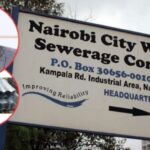




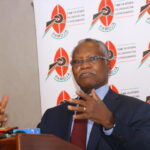
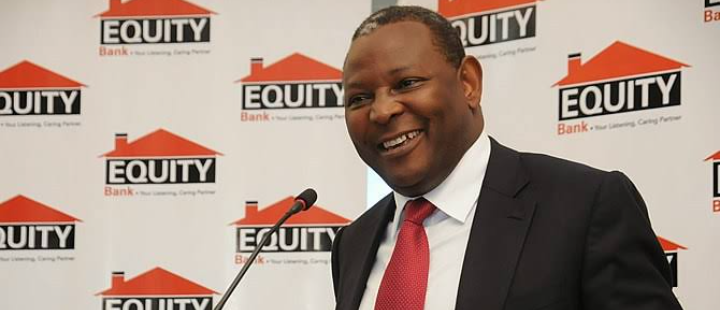
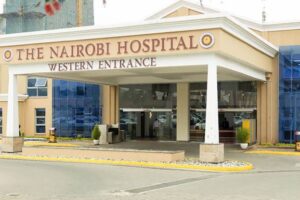
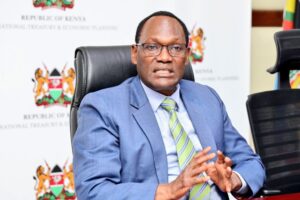
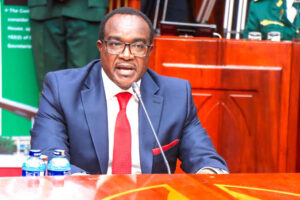
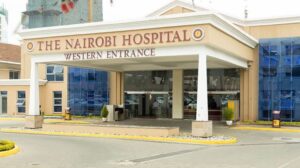
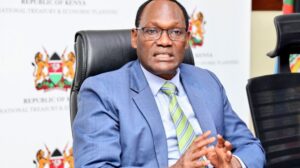
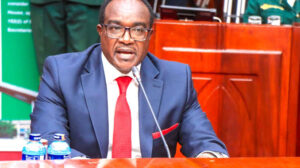
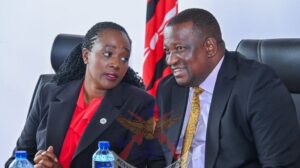



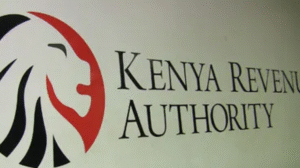
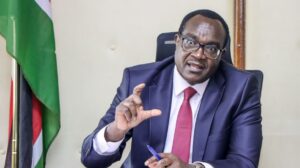

Add Comment